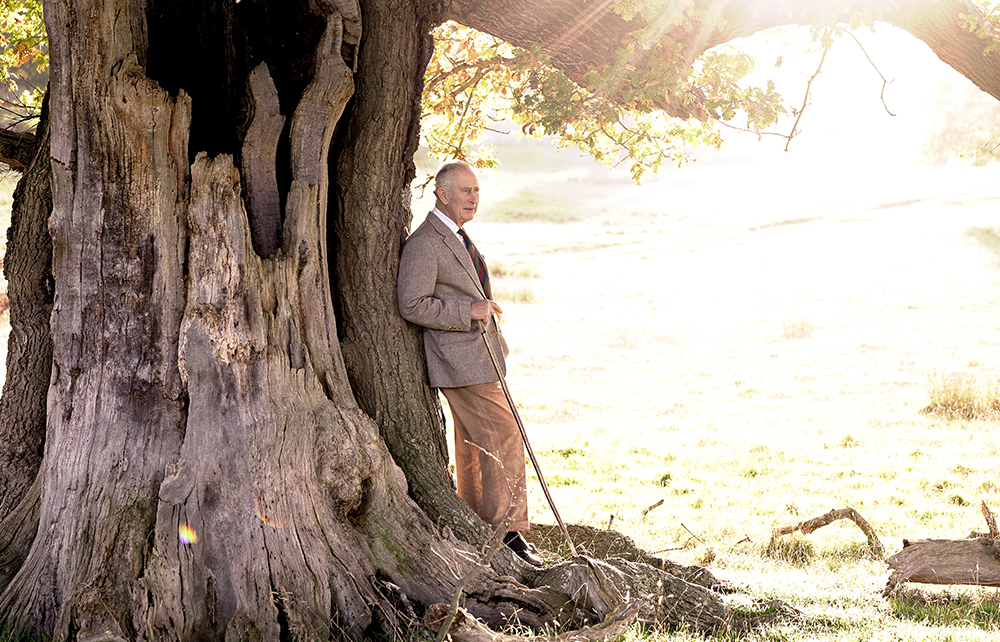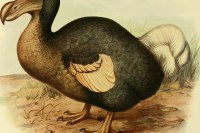Perhaps we have not focused enough on the fact that we are crowning a king, rather than a queen, as monarch. It is nearly 90 years since this last happened, so no one alive today has an adult memory of what was expected. There is a further difficulty, in that the coronation of Charles III occurs in circumstances almost diametrically different from those of the coronation of George VI. In 1937, what was happening had not been foreseen before December of the previous year. It was Edward VIII’s coronation that everyone had been expecting, and although those in the know were aware of Edward’s inadequacies, these had been kept from a public most of whom found him very glamorous. With the shock of Edward’s abdication came the arrival of the shy Duke of York, George VI. Could he be an adequate replacement? Five days before the ceremony, he addressed a great luncheon given in Westminster Hall. There was a ghastly pause as, faced with the microphone and suffering from his speech impediment, he was unable at first to utter a word. ‘Many people must have thought how much better Windsor would have been,’ recorded the admittedly biased Chips Channon, who was present. In 2023, Charles III is our best-known new king ever. This moment has been expected since his birth in 1948. As the Princess Royal put it this week: ‘He’s been practising for a bit.’ George VI succeeded a tragic might-have-been. Charles III succeeds an embodiment – the embodiment – of stability and service. I am not sure which task is harder.
And then comes the cultural question: ‘What do we expect of a king, as opposed to a queen, in modern times?’ People forget that Elizabeth II came to the throne in an era when women were discouraged from having interests beyond domestic life and charitable good works. It was therefore considered inappropriate for her, except ex officio and on the advice of ministers, to throw herself into questions of the arts, agriculture, environment, education, employment. In the spirit of that distant age, she deferred to her husband on such things, though never ceding matters of state to him. It was not for her to be creative. As King, Charles III is bound by none of this, except the unchanging need in a constitutional monarchy not to be seen to meddle or take sides. Before the war, it was fine for a king to be gruff, reserved, military, stately, essentially unknown. Nowadays, it probably would not be. Our idea of kingship has changed along with our idea of manliness. Despite his age, and his old-fashioned demeanour, our new King fits these changed expectations. He does not hide his passion. In a way that his mother always publicly avoided, he can be heartfelt. The wartime generation might have thought this unmanly. This generation sees that quality as part of being a good man, and recognises it in him.
Feeling mildly depressed that nurses and teachers chose the week of the coronation to strike yet again, I am pleased to be reminded that there is precedent. ‘The bus strike began today; not a bus in London,’ Channon writes at roughly the same pre-coronation point in 1937, ‘and no one seems to care.’ He observed that the strike relieved the congestion of the London streets.
Elsewhere in these pages, Andrew Parker Bowles, the new Queen’s former husband, recalls his role as a pageboy in the 1953 coronation. One of his fellow pages, Duncan Davidson, attracted the roving eye of Channon, who attended in 1953, as he had in 1937. ‘The Homage was impressive and Duncan Davidson standing by the throne held the coronets of the obeisant lieges: a pretty sight,’ he cooed. Andrew remembers this angelic youth rather differently. At the rehearsal, all the pages were given sticks of barley sugar to suck: ‘Duncan, who even in those days was quite commercially minded, managed to extract the barley sugar from most of us. He ate it all and then was sick.’ Boy Duncan went on to found and chair the house-building company Persimmon, and became extremely rich. He is still with us.
I was pleased to hear on the radio that this is a bumper year for cowslips. This confirms our own observation. In our garden, the cowslips my wife planted round a mulberry and in the orchard are flourishing as never before, though they refuse to grow near primroses. If, like us, you live on clay, not on the chalky soil cowslips prefer, mowing at the right time (when the ox-eye daisies are over) matters. Burgundy in Henry V observes:
The even mead, that erst brought sweetly forth
The freckled cowslip, burnet, and green clover,
Wanting the scythe, all uncorrected, rank,
Conceives by idleness, and nothing teems
But hateful docks, rough thistles, kexes, burs,
Losing both beauty and utility
Rewilders, please note.
Last week, I travelled on a train to a memorial service in Winchester. I was therefore soberly and formally suited. Seated across the aisle was a woman aged about 50 and – I guessed – of Indian heritage. We did not exchange a word until I got up to leave. ‘Excuse me, sir,’ she said, ‘I do like the way you dress. I admire your attire.’ I was very pleased by this encounter for three reasons – one, her flattery; second, her flattering lack of obvious motive for her flattery, there being not the slightest hint of begging or an attempted pick-up; third, her use of the word ‘attire’ which, as so often with our language, is slightly archaic in Britain but usual in the United States. I was also a little bemused: the suit in question is definitely dull, which is why I bring it out for memorial services.
Join The Spectator's Fraser Nelson, Katy Balls and guest Camilla Tominey from the Daily Telegraph for a special edition of Coffee House Live covering what kind of monarch Charles III will be, and whether the coronation will distract voters from the Tories’ predicted heavy losses in the local elections. 10 May from 7pm. Book your tickets today: spectator.co.uk/coronation







Comments